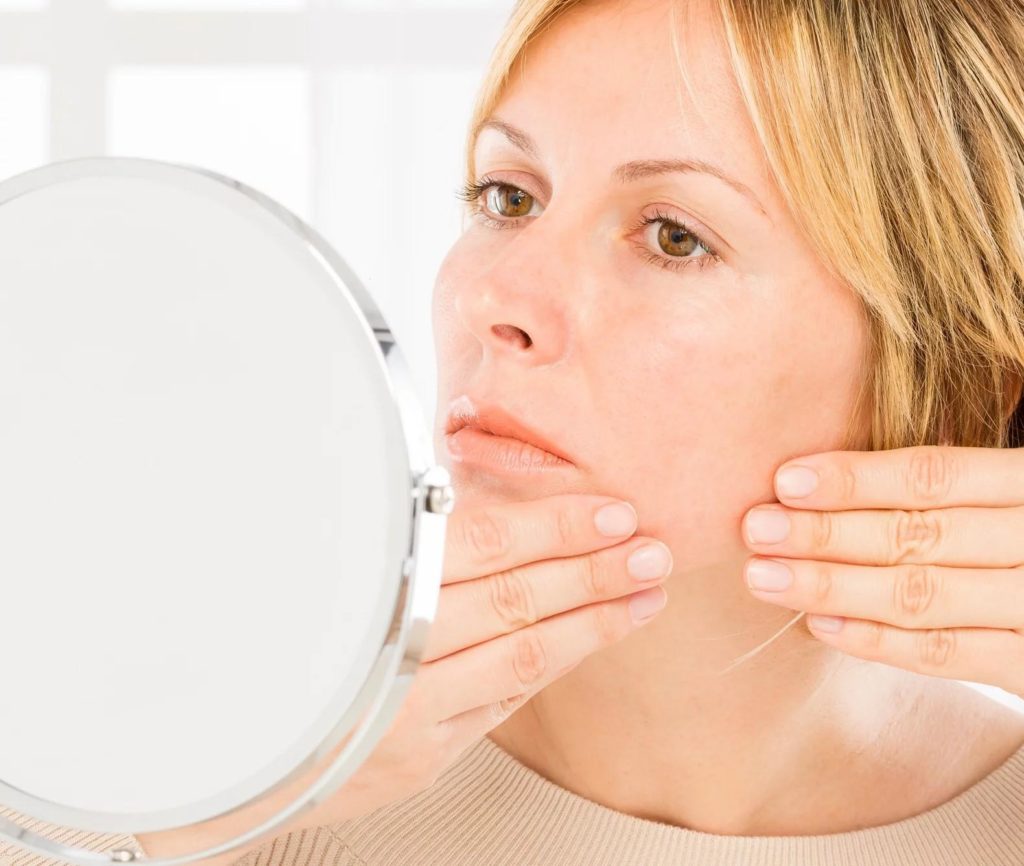
Undergoing a cosmetic procedure, be it large or small, can have a significant effect on your life and your self esteem. Whether you hope to improve some physical aspect of yourself that may have impacted your confidence levels for many years, or simply want to feel like a fresher version of yourself, there are many options available.
Whether you are thinking about a day procedure like a non-surgical facial treatment, or a significant surgical procedure, there are some key points to always consider beforehand.
It’s worth doing a lot of reading at first when you’re considering a procedure. It can guide you to the types of treatments or procedures that may suit what you’re hoping to achieve. Unhappy with your nose? Rhinoplasty is the medical term for a ‘nose job’. Hoping to get your eyelids lifted?
That would be ‘blepharoplasty’ or ‘peri-orbital surgery’. Use the internet as a research tool and a jumping off point to gather some general information. For the significant information regarding your procedure, you’ll be relying on your medical practitioner, or surgeon, making step two the most important one. It may also be worth your while to study up on suncare products and the risk of skin cancer.
Any procedure will only be as good as the medical expert who carries it out and putting yourself in the hands of an experienced and properly accredited professional is essential. A good surgeon will talk to you at length before any treatment, respond to all your questions and allay any fears you might have. They may even direct you to a different procedure, one that better suits your ambitions.
Be it a large or small procedure, it is a big decision and one you should be entirely comfortable with. A good surgeon will know this, and in fact, should encourage you to ask questions. Find out what level of training and experience your surgeon has and how often they have performed the procedure you’re hoping to undergo. You should never feel rushed or bullied into having a procedure.
There may be a number of surgeries or treatments designed to address your particular concern. They could vary in price, level of seriousness and recovery time, and you need to ensure it is something you can undergo. Again, the right surgeon will direct you to what will suit you best.
Some procedures are quite significant surgeries and any risks involved should be clearly explained to you. Find out what the main risks and potential complications are and how often they occur, as well as what the procedure is for any emergencies.
Know exactly what you’ll be facing after a procedure, from pain levels to recovery time, before you go in. That way you’ll be able to make plans for work, family etc. Will you be recovering for hours, days or weeks? Will there be restrictions on your lifestyle while you’re healing?

It’s vital to know and understand what’s achievable, and to remember that perfection is not possible. While a procedure might make you more confident and comfortable with your appearance, afterwards you will still be you, and it’s important to understand that.
Treatments and procedures vary wildly in cost. Know what your budget is and know the total cost of what’s involved. Again, a good surgeon or practitioner will make all of this very clear to you at the start, and there should not be any hidden extras or unpleasant surprises.
While any necessary post-op care should be administered with the most professionalism, your treatment doesn’t stop as soon as the procedure is done. A good practitioner will offer comprehensive follow up care, be that in a medical capacity or simply alleviating any concerns you might have as you recover.
Smoking can increase the risk of complications during and after some procedures. Smoking restricts the blood vessels, reducing the level of oxygen reaching cells and your body needs oxygen to heal properly. Most practitioners will advise stopping smoking at least six weeks before a procedure - all the better if you can give up entirely.
If you are considering a cosmetic surgery procedure, we can advise on the best options for you. Contact us to arrange a free consultation.
Find out all you need to know about cosmetic surgery procedures and the factors you need to consider in our free guide: Considerations Before Deciding on Cosmetic Surgery and Post- Treatment Care:
Download Mr. Chan's Guide to Cosmetic Surgery Considerations

Undergoing a cosmetic procedure, be it large or small, can have a significant effect on your life and your self esteem. Whether you hope to improve some physical aspect of yourself that may have impacted your confidence levels for many years, or simply want to feel like a fresher version of yourself, there are many options available.
Whether you are thinking about a day procedure like a non-surgical facial treatment, or a significant surgical procedure, there are some key points to always consider beforehand.
It’s worth doing a lot of reading at first when you’re considering a procedure. It can guide you to the types of treatments or procedures that may suit what you’re hoping to achieve. Unhappy with your nose? Rhinoplasty is the medical term for a ‘nose job’. Hoping to get your eyelids lifted?
That would be ‘blepharoplasty’ or ‘peri-orbital surgery’. Use the internet as a research tool and a jumping off point to gather some general information. For the significant information regarding your procedure, you’ll be relying on your medical practitioner, or surgeon, making step two the most important one. It may also be worth your while to study up on suncare products and the risk of skin cancer.
Any procedure will only be as good as the medical expert who carries it out and putting yourself in the hands of an experienced and properly accredited professional is essential. A good surgeon will talk to you at length before any treatment, respond to all your questions and allay any fears you might have. They may even direct you to a different procedure, one that better suits your ambitions.
Be it a large or small procedure, it is a big decision and one you should be entirely comfortable with. A good surgeon will know this, and in fact, should encourage you to ask questions. Find out what level of training and experience your surgeon has and how often they have performed the procedure you’re hoping to undergo. You should never feel rushed or bullied into having a procedure.
There may be a number of surgeries or treatments designed to address your particular concern. They could vary in price, level of seriousness and recovery time, and you need to ensure it is something you can undergo. Again, the right surgeon will direct you to what will suit you best.
Some procedures are quite significant surgeries and any risks involved should be clearly explained to you. Find out what the main risks and potential complications are and how often they occur, as well as what the procedure is for any emergencies.
Know exactly what you’ll be facing after a procedure, from pain levels to recovery time, before you go in. That way you’ll be able to make plans for work, family etc. Will you be recovering for hours, days or weeks? Will there be restrictions on your lifestyle while you’re healing?

It’s vital to know and understand what’s achievable, and to remember that perfection is not possible. While a procedure might make you more confident and comfortable with your appearance, afterwards you will still be you, and it’s important to understand that.
Treatments and procedures vary wildly in cost. Know what your budget is and know the total cost of what’s involved. Again, a good surgeon or practitioner will make all of this very clear to you at the start, and there should not be any hidden extras or unpleasant surprises.
While any necessary post-op care should be administered with the most professionalism, your treatment doesn’t stop as soon as the procedure is done. A good practitioner will offer comprehensive follow up care, be that in a medical capacity or simply alleviating any concerns you might have as you recover.
Smoking can increase the risk of complications during and after some procedures. Smoking restricts the blood vessels, reducing the level of oxygen reaching cells and your body needs oxygen to heal properly. Most practitioners will advise stopping smoking at least six weeks before a procedure - all the better if you can give up entirely.
If you are considering a cosmetic surgery procedure, we can advise on the best options for you. Contact us to arrange a free consultation.
Find out all you need to know about cosmetic surgery procedures and the factors you need to consider in our free guide: Considerations Before Deciding on Cosmetic Surgery and Post- Treatment Care:
Download Mr. Chan's Guide to Cosmetic Surgery Considerations